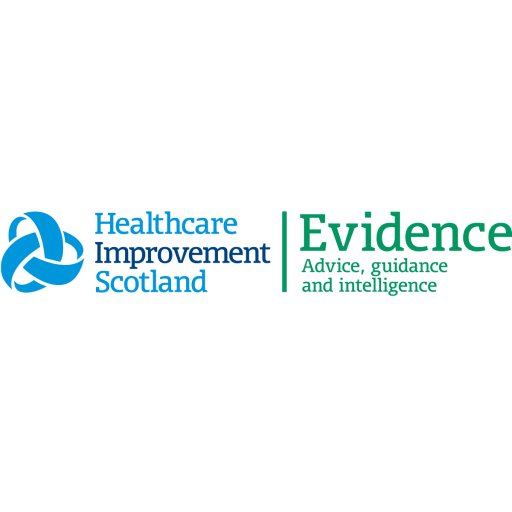Glossary

Term
Definition
Gender identity
a person’s sense of having a particular gender; a way of describing the gender with which a person identifies such as a woman, a man, a trans man, trans woman or as non-binary.
Gender identity clinic/services
provide specialist NHS gender identity services including clinical assessment, treatment and specialist support.
Independent healthcare clinic/services
provide a health service which is not part of the National Health Service. Sometimes ‘independent healthcare’ is referred to as ‘private healthcare.’ The term ‘service’ includes consultations, investigations and treatments.
Organisation
any service or provider delivering healthcare. It may include:
- Health and Social Care Partnerships
- hospital settings
- independent providers
- Integrated Joint Boards
- NHS boards
- Primary care services
- specialist services such as CAMHS or adult mental health.
NHS board of residence
the NHS board in the area which the person usually resides (also known as health board of residence).
NHS board of treatment
the NHS board that treats the patient
Non-surgical interventions and treatment
non-surgical medical procedures are used to diagnose, measure, monitor or treat people for conditions or diseases that do not require surgery such as speed and language therapy.
Person-centred care
ensuring the people who use services are at the centre of decision making. It ensures that care is personalised and supports what matters to people. Person-centred care should be coordinated and enabling so that people can make choices, manage their own health and live independent lives, where possible. Care is focused on the needs of the individual accessing services.12
Primary care
includes General Practitioners, community nurses, pharmacists and allied health professionals. It is often the first point of contact someone has with the NHS.
Representative
refers to any individual the person wishes to be involved in their care. This can include, but is not limited to, a family member, partner, friend, neighbour or an individual who can speak on the person’s behalf.
Trans people
an umbrella term for people whose gender identity differs or does not fully correspond with the sex they were assigned at birth. This includes, but is not limited to, trans men, trans women and non-binary people.
Transition
the process of changing the way a person lives in order to match up with their gender identity. Examples of transitioning include the person changing their name, asking people to use different pronouns to address them and changing the way the person expresses their gender. For some people, accessing gender identity services will be for support, information and care. For others, it may involve medical treatments such as hormone therapy or surgery. "Transition” can mean different things to different people. Some people prefer the term gender reassignment.
Trauma informed
being able to recognise when someone may be affected by trauma. Services should take this into account when providing help and support.
A model that is grounded in and directed by a complete understanding of how trauma exposure affects people's neurological, biological, psychological and social development.23
A model that is grounded in and directed by a complete understanding of how trauma exposure affects people's neurological, biological, psychological and social development.23
